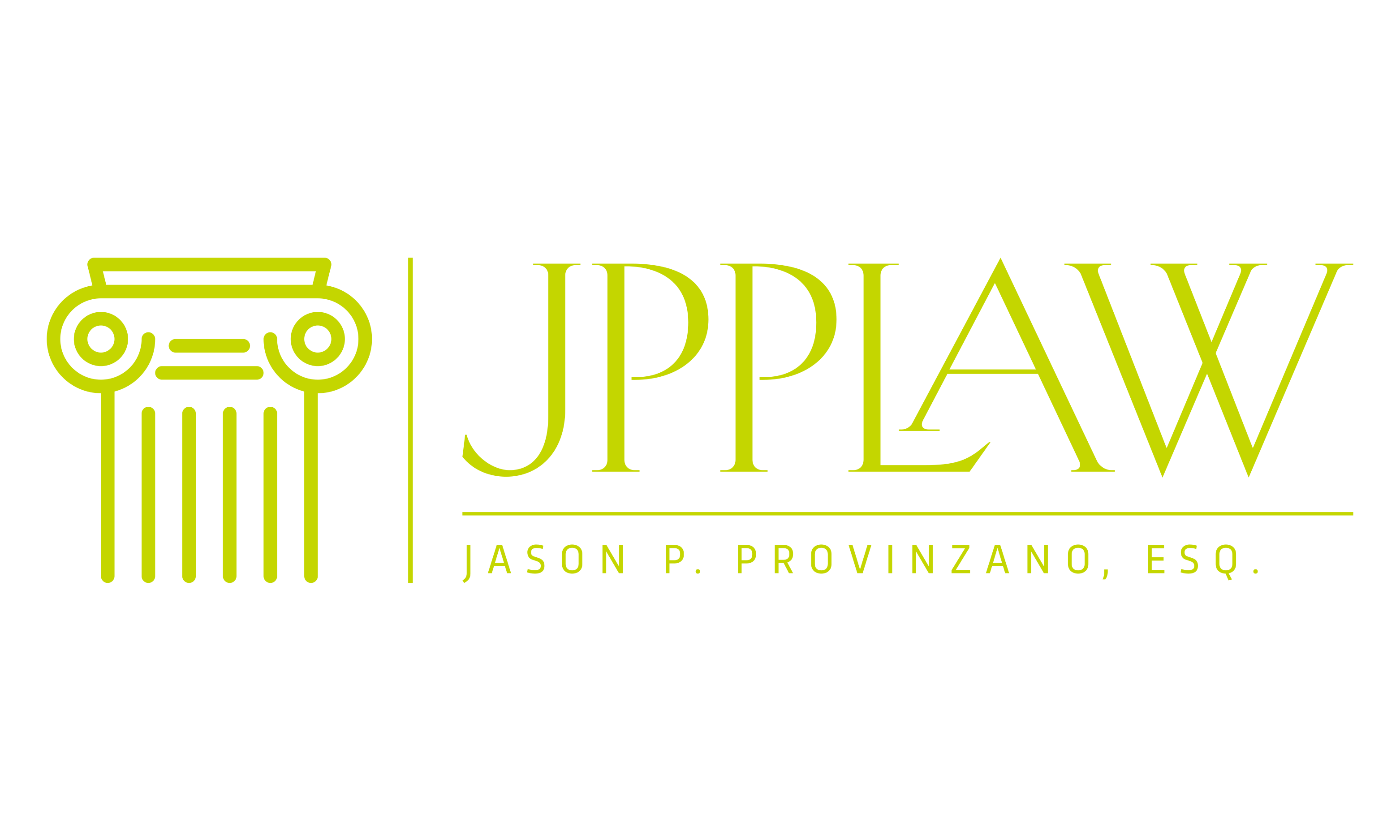Most of us have struggled with debt from time to time. This can be difficult to avoid, and when it’s caused by something like an unexpected medical bill, you might not have any control over it. When your debt starts to grow to an amount you can’t pay off, it can be overwhelming. It might seem like there’s nothing you can do to help with your debt, but there are solutions available. Thousands of people each year use bankruptcy to help with their debt.
Despite how popular bankruptcy is, many still don’t understand how it works and what it can do. Some may not realize bankruptcy is the best option for them to get out of debt, while others might overestimate what it can do for their situation. It’s also important to understand that there is more than one chapter of bankruptcy, and each can help in different ways, so what bankruptcy can do for you depends on what chapter you’re filing for. If you’re in debt, you need to learn about what bankruptcy can and cannot do.
Here’s what bankruptcy can and can’t do for you.
What Bankruptcy Can Do
Stop Creditors From Calling
Getting constant calls from debt collectors is an extremely stressful part of being in debt. When a person files for bankruptcy, an automatic stay is placed right away. With this, creditors are stopped from contacting the person in debt. This can also help put a stop to wage garnishment and some lawsuits related to your debt.
Eliminate Unsecured Debt
Bankruptcy can help those struggling with unsecured debts, meaning the debts that aren’t backed by collateral. Unsecured debt includes things like credit card debt, personal loans, and medical bills.
Stop Foreclosures
In addition to preventing creditors from calling, an automatic stay can also help stop foreclosures, evictions, and repossessions. This can temporarily help you hold onto your property or any possessions that could be repossessed. If your home is at risk of foreclosure, Chapter 13 bankruptcy can help provide you with a repayment plan that allows you to keep your property.
What Bankruptcy Cannot Do
Stop a Secured Creditor From Repossessing Property
If you have secured debt, one that you offered collateral for, you might be able to discharge some of it. However, even if the debts get discharged, the creditor can still repossess the property. You’ll no longer have to pay what you owe, but you won’t be able to keep the collateral if you can’t pay the creditor.
Clear All Tax Debt
There are only some circumstances where bankruptcy can help with tax debt. Eliminating tax debt is often difficult, but in some cases, it can be possible through bankruptcy.
Eliminate Alimony or Child Support
If you owe money alimony or child support, bankruptcy won’t help you get rid of it. Under Chapter 13 bankruptcy, you may be able to pay back the alimony or child support you owe over a period of time.
Help With Student Loans
Millions of Americans have student loan debt, and unfortunately, bankruptcy won’t help them get out of it. Getting student loans discharged is extremely difficult and happens very rarely.
Find Out if Bankruptcy Can Help You
Understanding bankruptcy can be tricky, and everyone’s situation is different, so it’s difficult to know if bankruptcy is right for you. Debt is stressful to deal with, and looking into bankruptcy can often be overwhelming. If you’re wondering if bankruptcy can help you, consult with a bankruptcy attorney in Stroudsburg, PA. At JPPLaw, we can help you figure out if bankruptcy is a good choice for you and help you through the process if it is.
Contact us for a free consultation to learn more about filing for bankruptcy.


